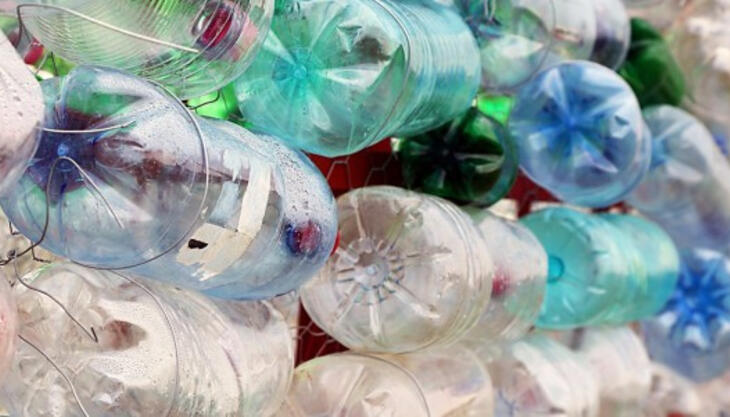Trinseo opens next-gen depolymerization facility in Italy

Trinseo announced the opening of its polymethyl methacrylate (PMMA) depolymerization facility in Rho, Italy. The pilot facility represents a significant step forward in the company’s commitment to sustainability, as the next-generation recycling technology helps advance a circular infrastructure for acrylic solutions and is aligned with Trinseo’s 2030 sustainable product portfolio goals.
Depolymerization is a chemical recycling process that returns acrylic solutions to the constituent monomer, methyl methacrylate (MMA). Complementary to other recycling technologies, depolymerization helps close the loop for acrylic recycling with several advantages over traditional processes. By utilizing this technology, acrylic solutions can be recycled - including PMMA sheets, which previously could not be mechanically recycled. Additionally, returning the material to its monomer form allows additives and contaminants to be removed from pre- and post-consumer acrylic products. This enables more PMMA to be recycled.
The recycled MMA (rMMA) generated by Trinseo’s depolymerization facility is utilized in the Company’s Altuglas and Plexiglas R-Life product portfolios. Through this new facility, Trinseo can produce rMMA that is comparable to virgin raw materials. This enables use in high-demand applications, such as vehicle taillights or caravan windows that require high optical quality.
“We are thrilled about the opening of our depolymerization facility, which will help advance our goal to support a circular economy,” said Francesca Reverberi, Senior Vice President of Engineered Materials and Chief Sustainability Officer at Trinseo. “Our company remains committed to our sustainability goals, including investing in new recycling technologies that can support our customers in reaching their sustainability goals as well.”
“This is a critical milestone in our sustainability journey,” said Han Hendriks, Chief Technology Officer at Trinseo. “Depolymerization expands our recycled feedstock capabilities, which in turn, will help us innovate new solutions. With this new capability, we can build a more robust recycled acrylics portfolio to better meet the evolving needs of our customers.”



















